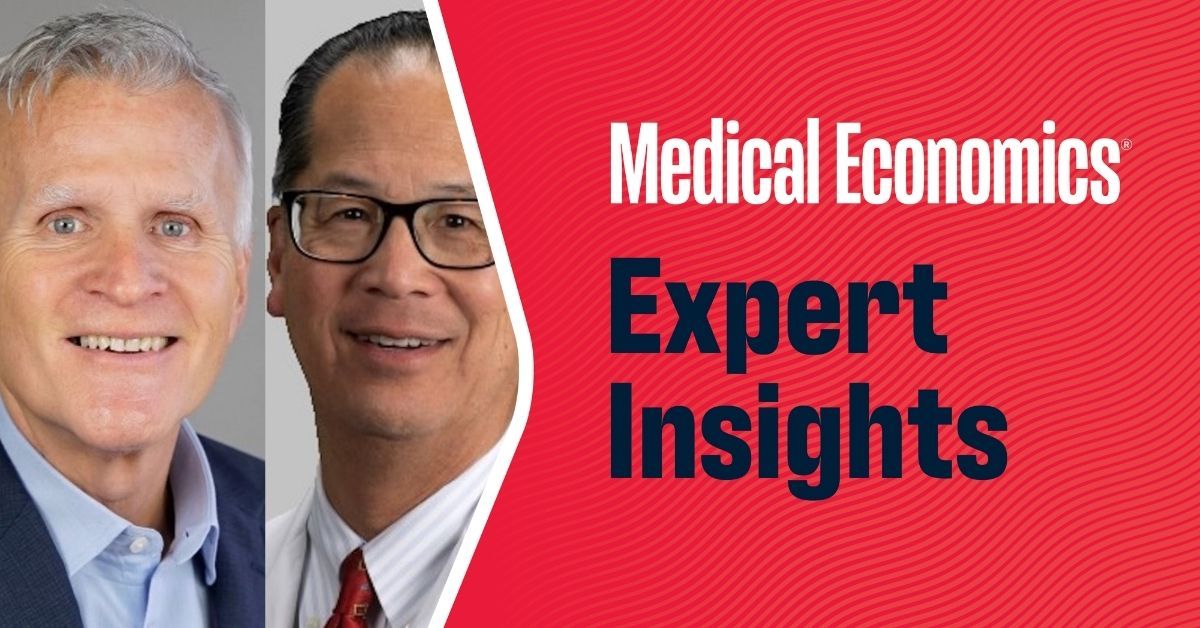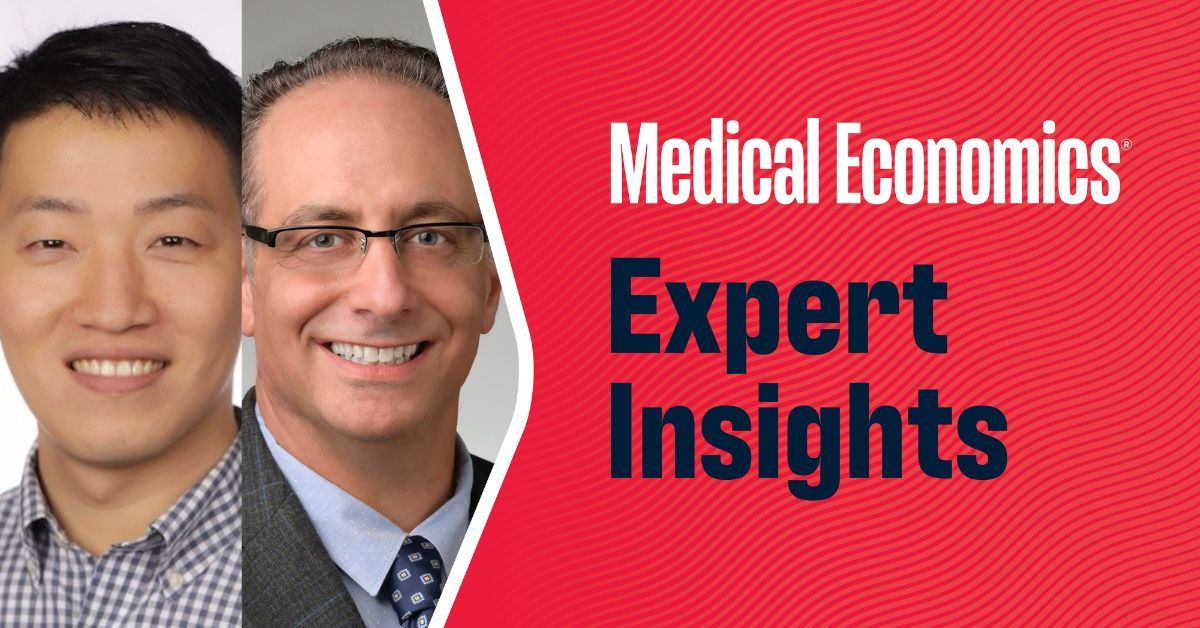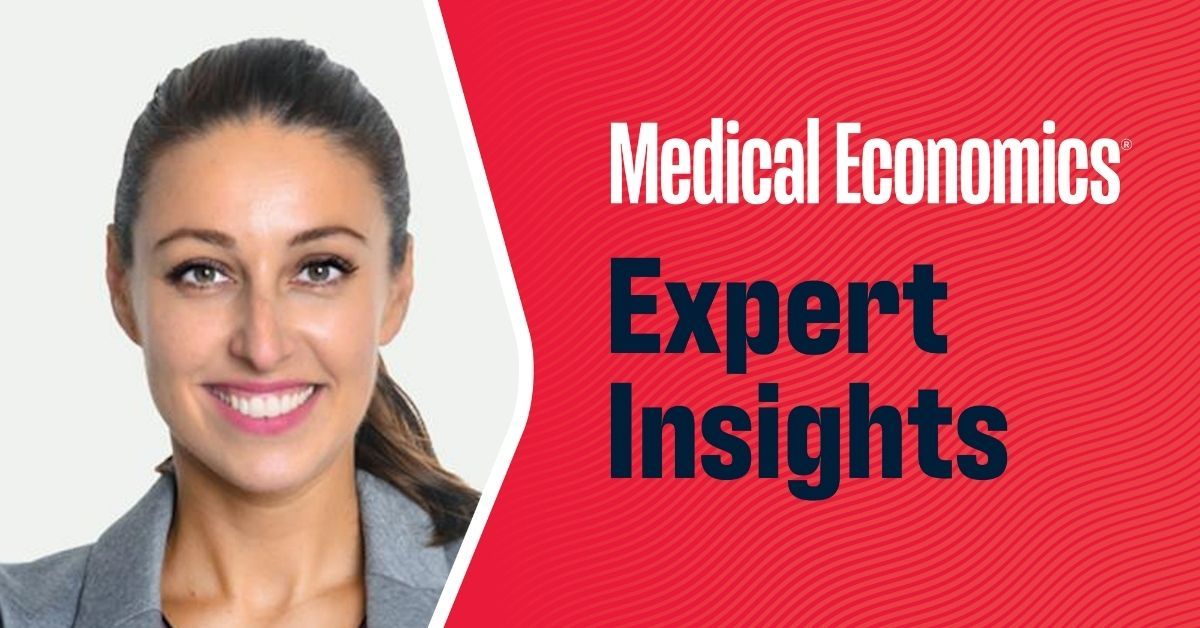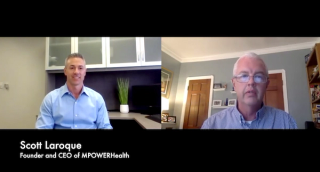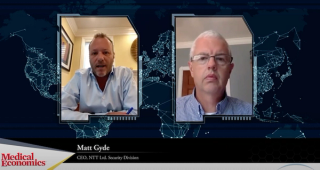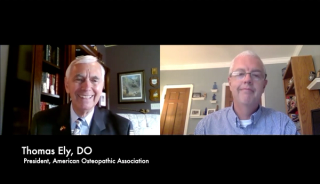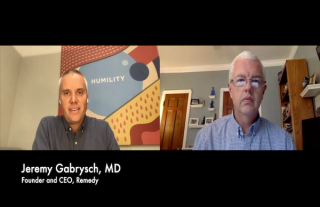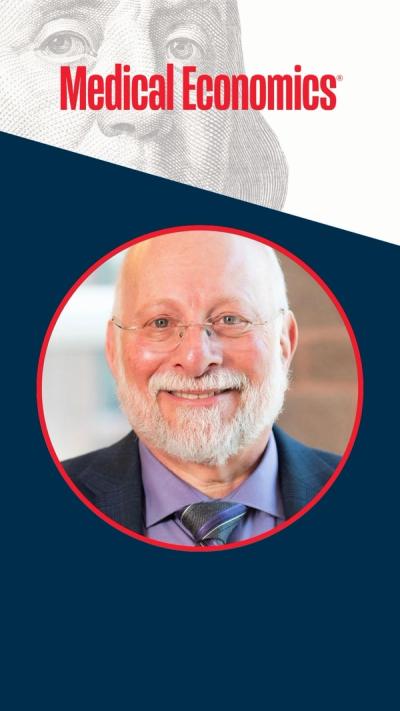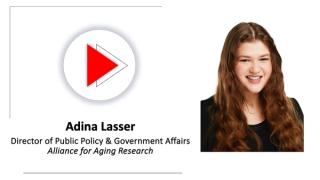
Opinion
Latest News
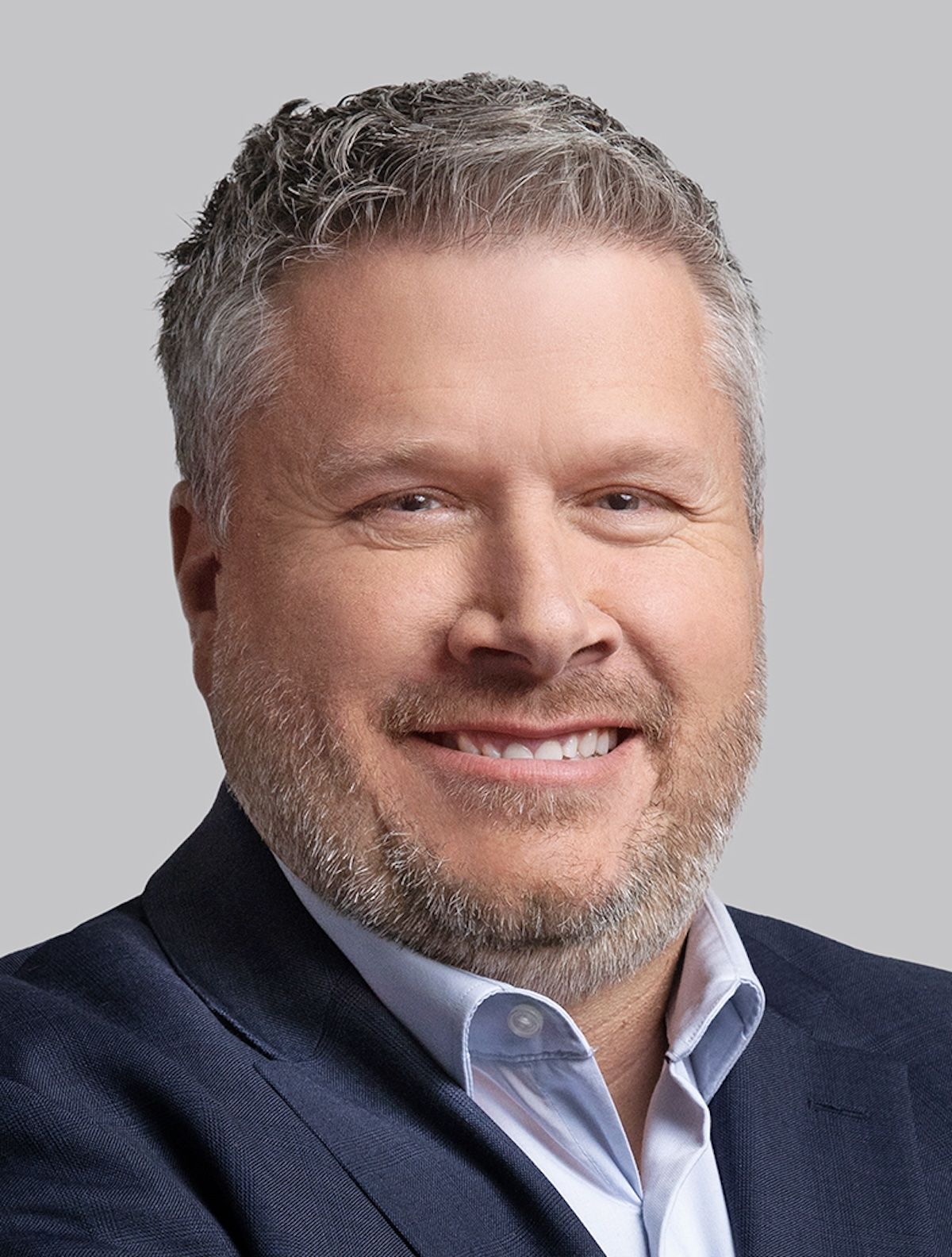
Strengthening the blood supply: Rebuilding morale and retention in a strained laboratory workforce
Latest Videos

Shorts
Podcasts
CME Content
More News

What clinicians should keep in mind when recommending LAI medications and helping patients receive consistent treatment

Gain peace of mind with a financial risk management tool for small businesses

Navigate complex Medicare rules and payer requirements to protect your practice from audits and maximize reimbursement

The critical role of financial transparency and empathy to improve patient satisfaction

Navigating compliance and capital in a rapidly evolving health care M&A market

Here’s how direct contracting can unlock faster cash flow, lower costs and lasting partnerships with employers.

When life sciences, insurers and clinicians align around timely, trusted data, health care can finally deliver more coordinated, cost-effective, patient-centered care.

And why it’s time to rethink how lifesaving vaccines and other medicines are delivered.

Is it possible to reverse the tide and unlock significant productivity gains? Here’s what health care organizations should know
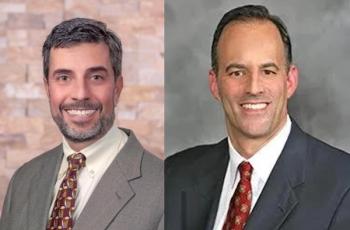
Physicians help patients improve their physical health. Here’s how they can work with others to improve their own fiscal health.
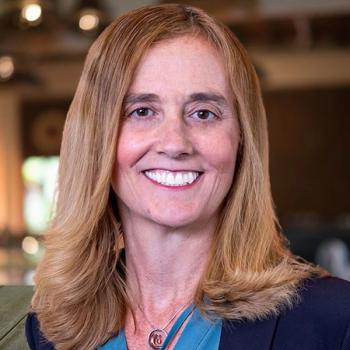
To sustain Medicare Advantage, payers and providers must rebuild collaboration through transparency and standardization.

Primary care physicians may be the first point of contact for the next epidemic. Why don’t we give them the tech to detect and respond to outbreaks?

Language and treatment approaches carry tremendous weight. Here’s how physicians can make mental health treatment part of whole-person care.

Text messaging enhances patient engagement, boosts medical practice revenues, and streamlines operations, making it essential for modern healthcare communication.
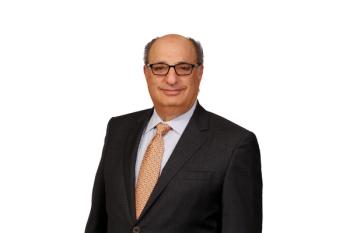
Here’s how physicians can avoid some common mistakes when entering into restrictive covenants with employers.

To actually reach HCPs, marketers require more than just impressions. They need intent, context and compliance, all on channels natively part of the health care environment.
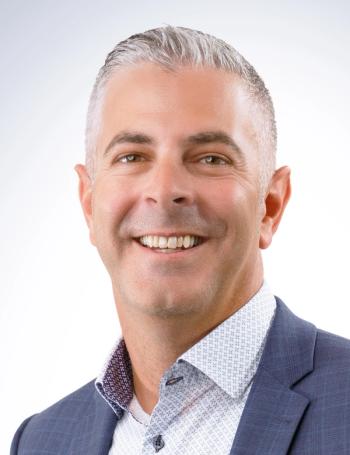
Three buckets to consider for your investment policy statement

If we want artificial intelligence to deliver real impact, we need to fix how patient data are accessed, shared and trusted.

Telehealth is effective — and potentially confusing for physicians and patients. Here’s how practices can avoid leaving patients behind.

With it, patients become active participants in their care and artificial intelligence gains the fuel it needs to transform health care into a system that is smarter, faster and more equitable.
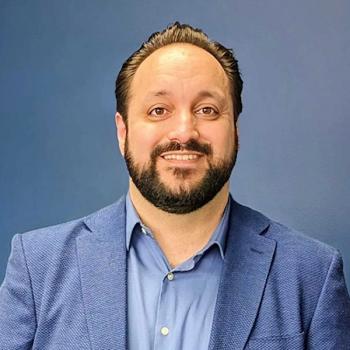
CMS is at a decision point: How to improve regulation while maintaining access
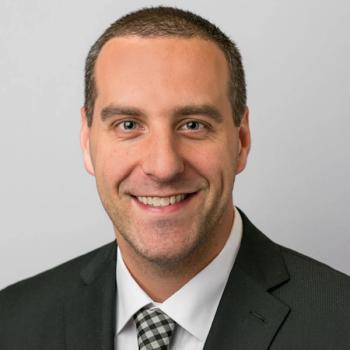
Private equity’s growing role in health care has drawn fierce criticism, yet the evidence of harm remains mixed and far from conclusive.

The trust between physicians and patients extends to the handling of medical records.

A bipartisan proposal could bring needed relief for immigrant workers and physicians.

HHS, RFK have called for a sweeping ban on 7-OH — without public data, confirmed fatalities, or expert input.

